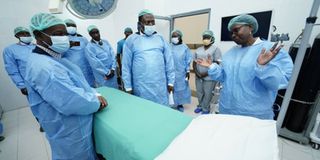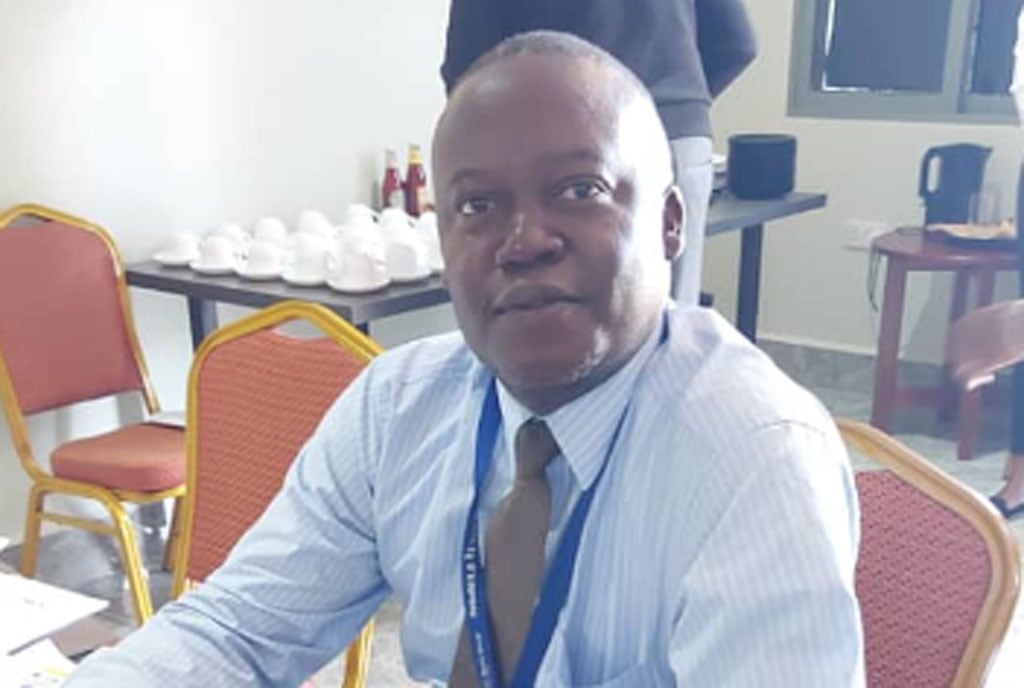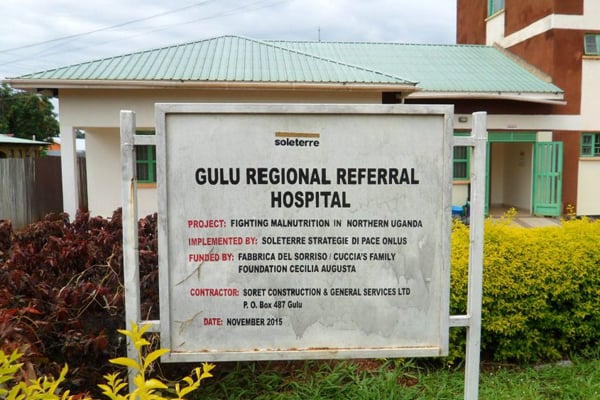How govt plans to end backlog of surgical cases

The Minister of Health, Dr Ruth Aceng (right), tours Kyabirwa Surgical Centre in Kyabirwa Village, North Division, Jinja City, on September 1, 2023. PHOTO/PHILIP WAFULA
What you need to know:
- Dr Aceng was on an official visit to the facility on Friday to see how the surgical centre is complimenting the government work.
The Minister of Health, Dr Jane Ruth Aceng, has said the country’s current huge backlog of surgical cases can be managed by adopting a day care model, where patients are operated on and they go home on the same day.
Such a model has since 2019 been adopted by Kyabirwa Surgical Centre in Kyabirwa Village, Jinja North Division, Jinja City.
Dr Aceng was on an official visit to the facility on Friday to see how the surgical centre is complimenting the government work.
“I was extremely intrigued and very appreciative of an ambulatory surgical centre, where patients are allowed to go home on the same day after operation. For me this presented a great opportunity to handle the huge backlog of surgical cases that we have in Uganda,” Dr Aceng said.
She added: “What I have seen today and heard from them gives me hope that this is the way to go for any of our surgical cases that can go back home, so that our facilities that we are looking at, majorly the tertiary facilities, can concentrate on the major surgical procedures that cannot go home the same day.”
On possible government partnership, Dr Aceng said: “The first stage was to see and discuss with them; so, we have seen, and now we shall begin discussing a collaboration and how to have a Memorandum of Understanding that will enable us to work together.”
Ms Anna Kalumuna, the director of the facility, said the centre was established in late 2019 by United States-based Mt Sinai Health Initiative, headed by Dr Michael Marin, adding that it is donor-based, meaning 85 percent of their expenses are met by the donor.
She added that in less than three years, the facility has successfully conducted more than 3,000 surgeries and trained doctors in endoscopy, laparoscopic surgery (keyhole surgery) and have also done a lot of research and publication.
The minister’s visit, according to Ms Kalumuna, was to see how the centre can collaborate with the government.
Ms Kalumuna, however, said they face a challenge of a bad access road to the surgical centre. “We have the worst road network, so the patients have to go back in the evening and the road network isn’t supportive.”
Concern over hernia
Earlier in a separate interview, Ms Kalumuna said Jinja City had been hit by “Busoga hernia”, also known as Gill-Ogilvie hernia - a variant of the direct inguinal hernia involving the conjoint tendon.
Subsequently, the centre has been carrying out pro bono (free) hernia surgical services to the community and inmates of Kirinya Prisons since March last year.
Ms Kalumuna described the hernia in Busoga as “highly prevalent”, adding that between 30 percent and 35 percent of surgeries at the facility are hernia repairs, meaning for every 10 patients they receive, three are hernia cases.
“In fact, there is a hernia type called ‘Busoga hernia’, and the prisons were not spared; they have so many cases and our free clinics target vulnerable people like them,” Ms Kalumuna said.





